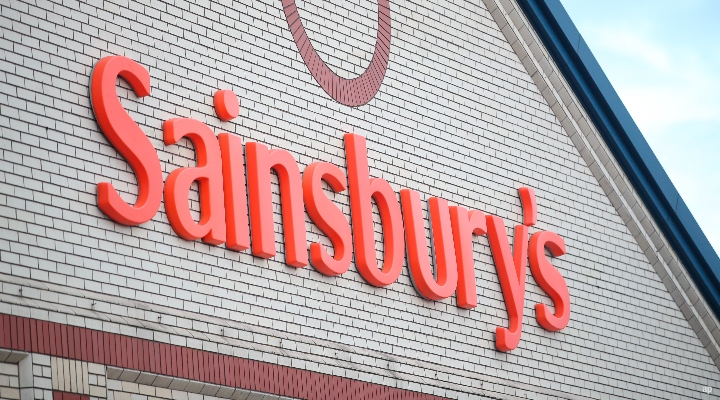
Shares in car and home insurer Direct Line fell over 25% on Wednesday after the company scrapped its final dividend in response to a sharp rise in claims during the cold weather snap. The decision surprised investors, who reacted by selling out of other listed insurers like Aviva and Admiral. It also raised the prospect of unrelated companies making changes to their dividend policies after a decent post-pandemic run for income payers. Earnings season, which is just cranking up, could turn up more surprises for investors.
Morningstar’s insurance analyst Henry Heathfield gave his reaction below. Direct Line shares remain undervalued after a 22% fall so far this year, and 40% fall since Janaury 2022.
Direct Line Short on Capital Generation. No Final Dividend.
Direct Line encounters inflation, weather, and commercial property valuation elements that mean it cannot pay its full-year dividend.
On January 11, 2023, Direct Line provided a trading update that outlined the business is experiencing higher claims inflation, weather-related events, as well as commercial property devaluations that will lead to lower levels of capital generation and in order to shore up the balance sheet the board have decided not to pay a final dividend. The company's targeted capital coverage is 140%-80% and management now expects this to come in at the low end of that range.
The severe cold weather in the United Kingdom in December that resulted in burst water pipes and necessitated repair of water tanks has cost the company an estimated £90 million in claims across both its commercial and home insurance divisions. Added to the cold weather in January 2022 and claims as a result of subsidence, weather-related claims are likely to come in at £140 million compared with the £73 million that management had anticipated.
While top-line trading conditions within the motor insurance division have improved as the company reported stable own-brand policies, third-party damage claims have risen in the fourth quarter while own-managed damage claims are in line with management's expectations. The persistent motor insurance claims inflation is leading to guidance of a 6-percentage point deterioration in the motor loss ratio. The company has also reported a 15% reduction in the valuation of its commercial property portfolio, equal to £45 million, though occupancy rates remain around 95%. Management anticipates group operating expenses of around £700 million and a 102%-103% full year group level combined ratio.
As a result of these revisions, we expect to reduce our fair value estimate by less than 10% and we maintain shares are undervalued. We maintain our no-moat rating.





























